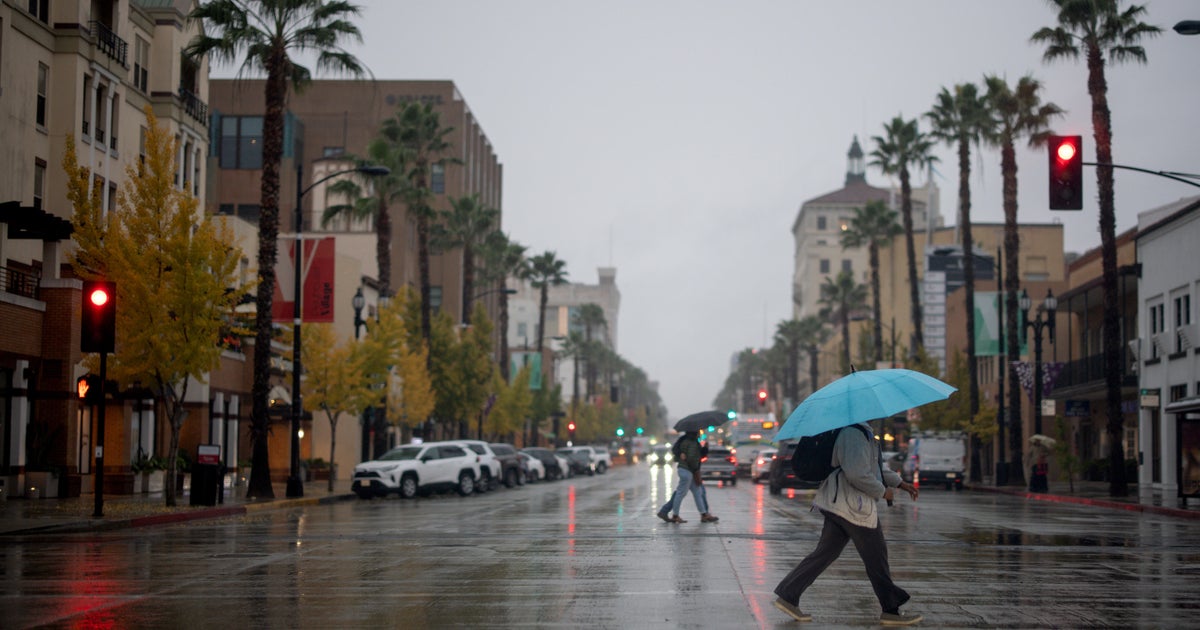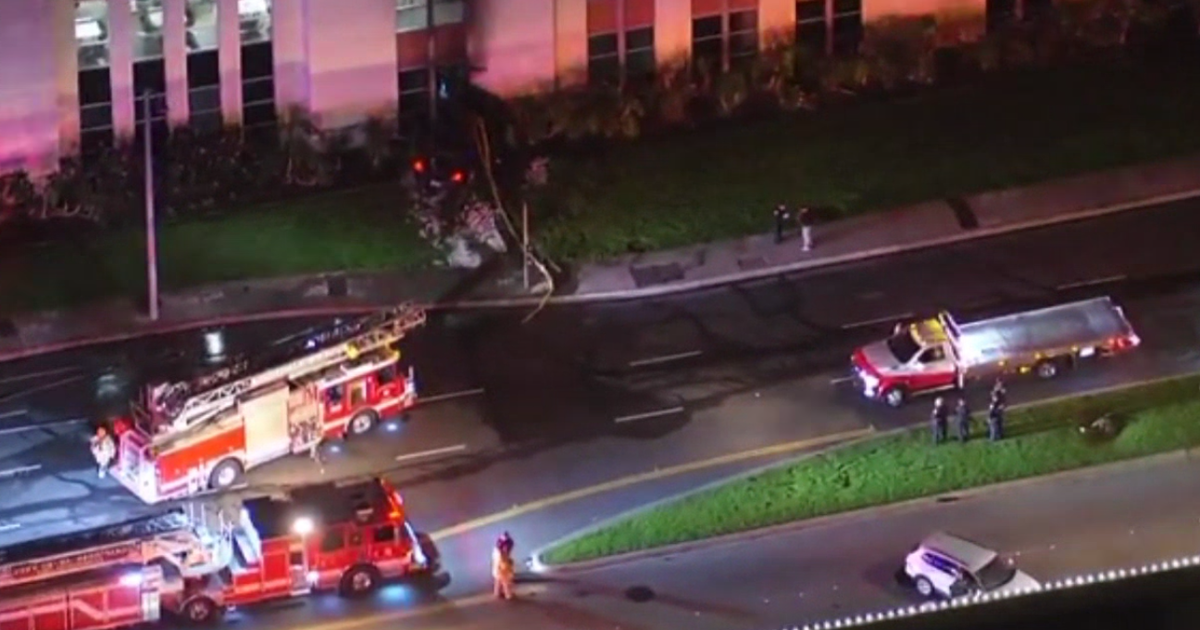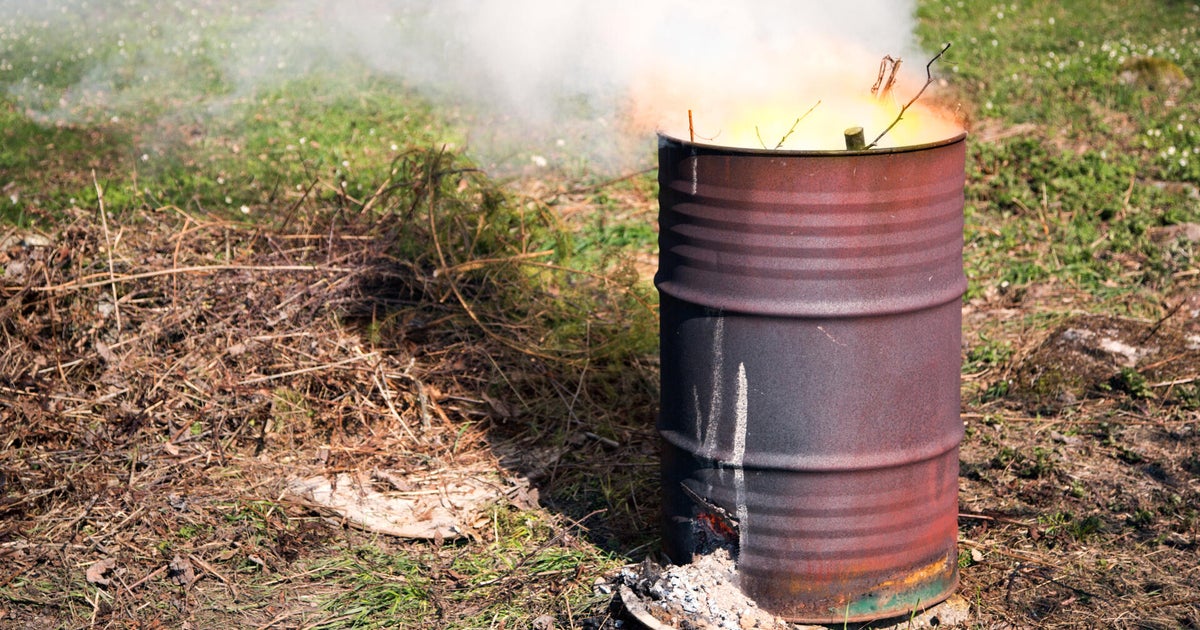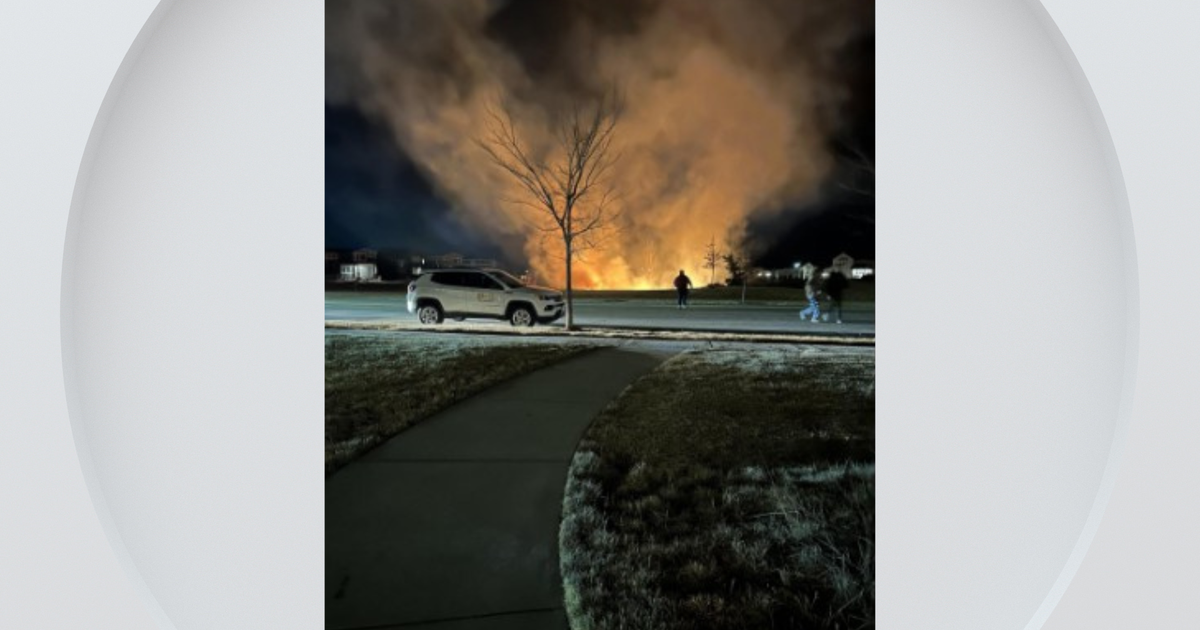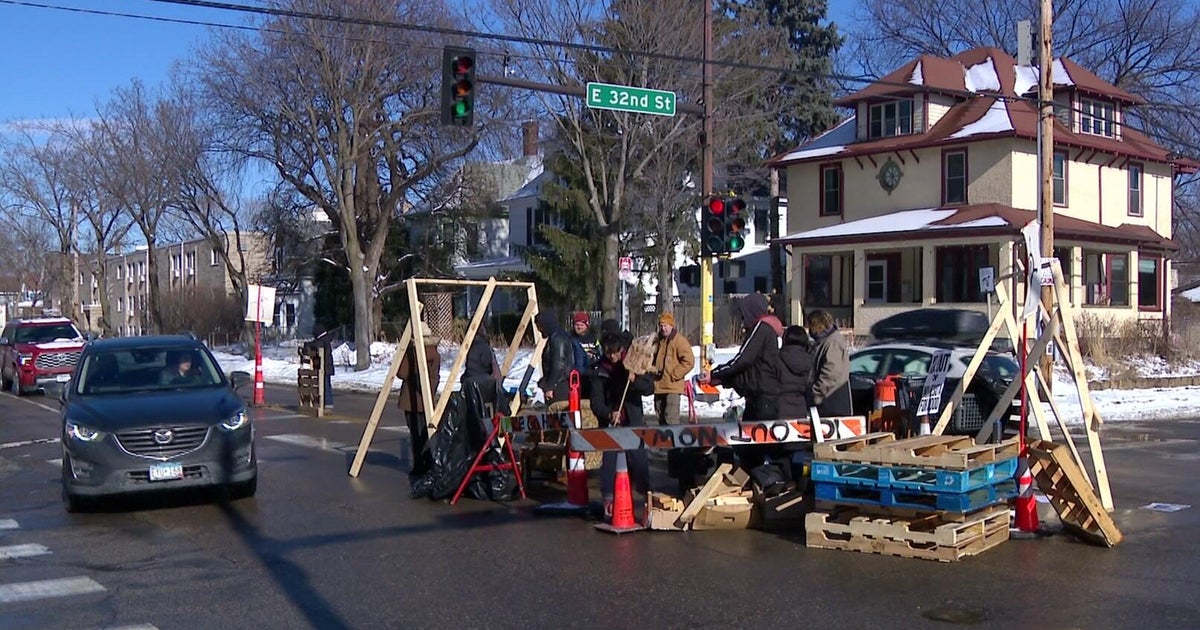UC Davis Study Examining Wildfire Effect On Chicken Eggs
UC DAVIS (CBS13) — Could eggs from backyard chickens be contaminated?
It's a question some researchers at UC Davis are now asking after devastating wildfires hit parts of Northern California last year.
At this point, it's unknown what the effects of potentially contaminated eggs can have on human consumption.
"I had 80 chickens who burned up in one of my barns," said Janet Leisen.
Leisen's farm was hit by the Tubbs Fire last year, in Sonoma County.
She lost more than half of her chicken flock.
"The area we are in, and the area our chickens are in, the contamination would have come from our structures," Leisen said.
As Leisen started rebuilding, she began to worry about her chickens and what they were ingesting from the charred ground.
"The vaporization of plastic obviously can't be that great, I eat the eggs, my grandchildren eat the eggs," Leisen laughingly added.
"All those chemicals in people's garages, those can volatilize and become ash and we are concerned the ash can end up in this environment," said Maurice Pitesky, Lead researcher of the study at UC Davis.
Pitesky is now researching whether backyard chickens in wildfire areas produce contaminated eggs.
"They spend a lot of time pecking off the ground," Pitesky adds.
So far, Pitesky and his team have collected eggs from about 200 locations across the state, where wildfires hit last year, including Leisen's chicken eggs. A toxicologist will then sample the eggs by testing the yolk for chemicals.
"We are interested in heavy metals, some fire retardants," Pitesky said.
Pitesky says he's also trying to study how long these chemicals can live inside the eggs, and whether the amount dissipates over time.
For now, he is urging families who raise backyard chickens in the wildfire-affected area to be cautious about consuming their eggs.
Pitesky and his team will begin sampling the eggs they've collected over the next few months.

